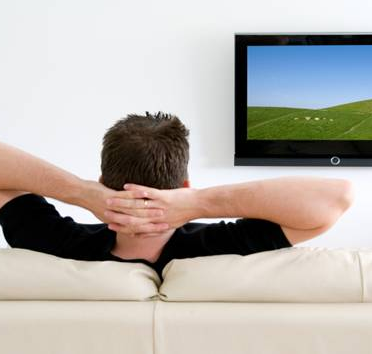
How to Live a Life Free of Prescription Drugs
We are an overmedicated nation. According to the U.S. Department of Health and Human Services and the CDC, the most commonly used drugs by Americans are asthma medicines for children, central nervous system stimulants for adolescents, antidepressants for middle-aged adults, and cholesterol lowering drugs for older Americans.
Consider these staggering statistics:
20% of children use at least one prescription drug each month
90% of older Americans use at least one prescription drug each month
More than 76% of Americans age 60 and over use two or more prescription drugs
37% of Americans age 60 and over use five or more prescription drugs
Your chances of getting a disease that requires drugs is based more on lifestyle choices rather than bad luck or bad genes. Living a life without prescription drugs can be accomplished by taking control of your own health. If you adopt and adhere to a healthy lifestyle, you can reduce your chances of being on medication and even reduce or eliminate the medications you are currently taking.
If staying off medication is one of your health goals, here is what you need to do:
Make Proper Food Choices. Focus on eating whole, unprocessed foods (vegetables, fruit, meat, poultry, fish, potatoes, nuts, etc.). For the best nutrition and health benefits, try to eat at least one-third of your diet in the form of vegetables and fruit (preferably raw). Reduce or eliminate processed food, sugar and grain consumption. Consume more omega-3 fats from fish, flax, chia and hemp seeds and less omega-6 fats from most vegetable and seed oils. Avoid eating fried foods.
Optimize Your Vitamin D Levels and Supplement with “The Basic 5.” Getting vitamin D through sun exposure in the summer and supplementing with vitamin D3 is vital to resist the most serious diseases. Blood levels should be between 50-80ng/dl. Along with vitamin D, also consider taking a multivitamin, fish oil (omega-3s), magnesium, and probiotics.
Exercise on a Regular Basis. The best exercise plan involves a variety of exercise, such as cardiovascular, high intensity interval training (if you are healthy enough), body weight/floor exercise (yoga), strength training, and various sports (golf, tennis, etc.). Perform a different type of exercise each day of the week.
Get Regular, Good Quality Sleep. Go to sleep and get up at the same time each day. It is best to get between 6-8 hours of sleep every night.
Reduce Stress. Try to eliminate or reduce the source of your stress and have effective tools to manage stress, such as Emotional Freedom Technique.
Avoid as Many Chemicals, Toxins, and Pollutants as Possible. This includes tossing out your toxic household cleaners, soaps, personal hygiene products, air fresheners, bug sprays, lawn pesticides, insecticides, and replacing them with non-toxic alternatives. The Environmental Working Group is a great resource for this information.
This article was not written to provide medical advice or recommend you discontinue taking mediation you have been prescribed by your doctor. Talk to your doctor before discontinuing any prescribed medication.


